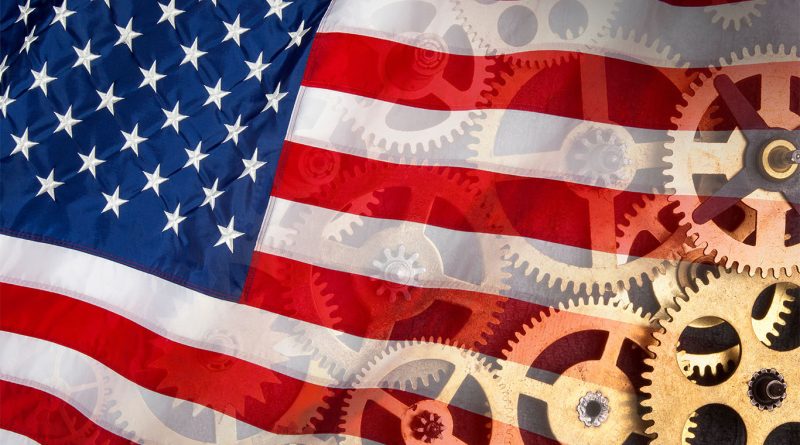How USA Manufacturing is Steering the Future of American Industry into a New Era
The landscape of USA manufacturing is undergoing a transformative resurgence, marked by an infusion of technological innovation and strategic policy support. In an era where economic uncertainties and the skills gap present formidable challenges, the industry’s pivot towards smart manufacturing and digital integration heralds a new chapter of industrial prowess and environmental stewardship.
The Workforce of Tomorrow
Central to this industrial revival is the concerted effort to bridge the manufacturing skills gap—a challenge that threatens to leave 2.1 million jobs unfilled by 2030. The Biden-Harris administration’s commitment to equitable workforce development shines a beacon of hope. Initiatives like Rockwell Automation’s Academy of Advanced Manufacturing and Micron’s apprenticeship programs are not just pathways to employment; they are lifelines to communities, offering skills for the future to veterans and underrepresented groups alike.
Technological Frontiers
The embrace of smart factories, the industrial metaverse, and generative AI stands at the forefront of this revolution. With 86% of manufacturing executives pointing to smart factory solutions as competitiveness drivers, the integration of these technologies is not just an operational upgrade—it’s a strategic imperative. The potential for a 12% gain in labor productivity through the industrial metaverse, alongside generative AI’s promise to streamline design and supply chain processes, underscores a pivotal shift towards efficiency and innovation.
Innovation Ecosystems and Economic Synergies
The establishment and growth of Manufacturing USA institutes exemplify the collaborative framework driving the sector’s advancement. These institutes, spearheading initiatives from semiconductor innovation to biofabrication, are not just hubs of technological development; they are the crucibles where the future of manufacturing is being forged. This ecosystem approach, leveraging public and private investments, is setting the stage for a global leadership position in the bioeconomy and beyond.
Sustainability and Environmental Stewardship
As the advanced manufacturing sector evolves, so does its commitment to sustainability. The industry is increasingly adopting green manufacturing practices and investing in technologies that reduce environmental impact. From energy-efficient processes to the recycling of materials, manufacturers are not just aiming for profitability but are also stewarding resources for future generations. This shift is not merely ethical but strategic, as sustainable practices often lead to cost savings and new market opportunities. By integrating environmental considerations into their operations, advanced manufacturers are setting new standards for eco-friendly production.
Global Collaboration for a Competitive Edge
In the age of globalization, the success of the advanced manufacturing sector increasingly depends on international cooperation. Partnerships with foreign entities, participation in global supply chains, and adherence to international standards are becoming the norm. These collaborations extend beyond mere market access; they are avenues for knowledge exchange, technological transfer, and joint innovation. By working closely with counterparts around the world, U.S. manufacturers can leverage global insights and innovations, ensuring that they remain at the cutting edge of technology and competitive on the world stage.
Policy and Regulation: Navigating the Future
The role of government in shaping the trajectory of advanced manufacturing cannot be overstated. Policies and regulations play a critical role in creating a conducive environment for growth, innovation, and competitive advantage. From tax incentives for research and development to regulations that ensure fair trade practices, the interplay between policy and manufacturing is complex and significant. As the sector continues to evolve, so too will the regulatory landscape, requiring manufacturers to be agile and proactive in their responses. Engaging with policymakers, advocating for supportive measures, and staying ahead of regulatory changes are essential strategies for manufacturers aiming to thrive in an ever-changing environment.
The journey of American manufacturing is one of resilience, innovation, and strategic foresight. As the sector continues to navigate through the challenges of talent acquisition, technological integration, and global competitiveness, its trajectory remains firmly pointed towards growth and sustainability. The concerted efforts of policymakers, industry leaders, and educational institutions are not just revitalizing manufacturing; they are redefining it for a new generation.
In essence, the resurgence of advanced USA manufacturing is a testament to American ingenuity and a beacon of economic and technological leadership on the global stage. Through strategic collaboration, innovation, and a commitment to workforce development, the sector is poised to navigate the complexities of the 21st century, ensuring prosperity and opportunity for all.
